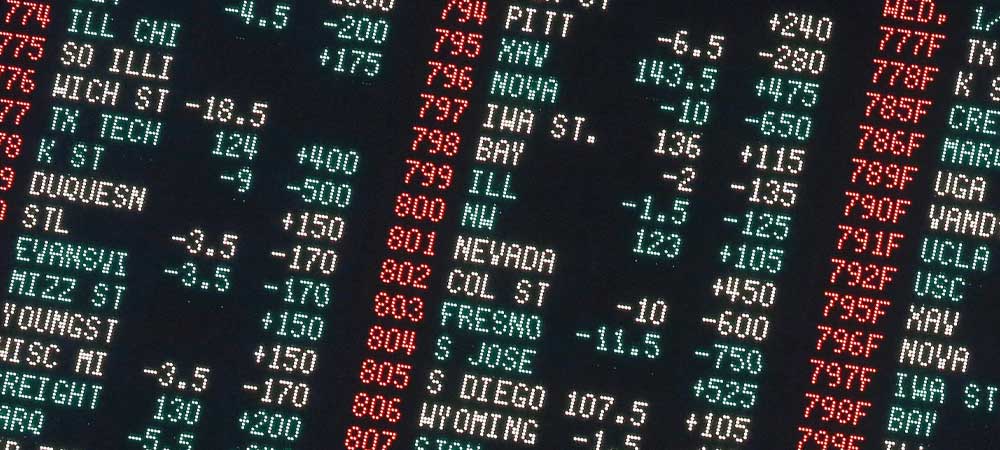TOPEKA, Kan. – The Committee on Federal and State Affairs has the luxury of reviewing the legislation that would bring legal sports betting to Kansas. The committee, who also introduced Senate Bill 23, has met once so far but there are two additional sessions where the bill could potentially be discussed.
The questions still in effect include whether the state will operate their own mobile betting platform or if each casino/licensed operator will have their own ability. Also, the discussion breaks down to which venues around the state of Kansas will allow for sports betting- lottery retailers? Dog tracks? Restaurants?
None offer more debate than the continually neglected integrity fee that professional sports leagues have pushed for since the PASPA appeal in May of 2018.
Nine states offer a regulated industry for sports betting but none of them included an integrity fee; however, Kansas could be the first should SB 23 pass in both houses and be signed into law.
Kansas’s Integrity Fee Will Be For Mandated Official Data Use
Often considered a royalty fee, many states have refused to give any monetary reward to the professional leagues. However, the question of official data and statistics have resulted in Kansas legislators from believing the integrity fee is the proper channel.
Prop bets are a popular style of wagering, especially after seeing the variety of choices from the Super Bowl. Problems can occur from this though as any statistical error can be changed post-game and it shouldn’t be left up to the operator to decide what is right. This integrity fee would allow for official league data to be used in order to keep an organized and straightforward operation.
SB 23 includes a 0.25% of the Kansas sports betting handle which is to be paid out in quarterly increments. In hopes to not overwhelm the operators, no more than 5% of the months handle shall be paid in a single month.
What Else Is In The Kansas Sports Betting Bill?
The “Kansas Sports Wagering Act” will be extremely similar to the bill introduced last year before the Supreme Court made their decision on PASPA. Aside from the integrity fee, the bill permits casinos, bars/restaurants, lottery retailers, and racetracks to accept sports bets as long as the player is 21 years old.
It is set to make the industry open before the end of this year and currently allows for mobile betting platforms from both the lottery and licensed operators. Like most states, Kansas looks to limit the numbers of skins each operator can partner with for mobile betting, and that number is 3.
The bill does not mention whether Kansas gamblers would have to register their account in person nor whether gambling on Kansas college sporting events is allowed. Most states have both restrictions or at least the inability to wager on local collegiate teams.
The Ways Sports Betting In Kansas Becomes Legal
Since the lottery regulates all forms of gambling in Kansas, the easiest method for legalization would be for SB 23 to be passed in committee, agreed upon by both the Senate and House and be signed into law by Governor Laura Kelly. This would allow for Kansas gamblers to start participating in the industry as soon as this year.
Otherwise, the state would have to look into making a constitutional amendment. This would cause much delay because voters would need to approve the standards, which would be presented on the 2020 ballot. Delaying sports betting in Kansas until 2021 would be the timeline, provided that the voters agree to the terms.
Never rule out the “grass is greener on the other side effect” though. Neighboring Missouri has advanced talks about bringing the industry through its doors. Any advancement into law would make Kansas legislators more apt to agree to the policies so they do not see potential tax money leaving the state.
"I don't like getting beaten by Missouri. It's a Kansas trait,” said Representative Stephanie Clayton (D-Overland Park).
Clayton also serves on the Federal and State Affairs Committee, who do not have Kansas Senate Bill 23 on the week’s agenda.

